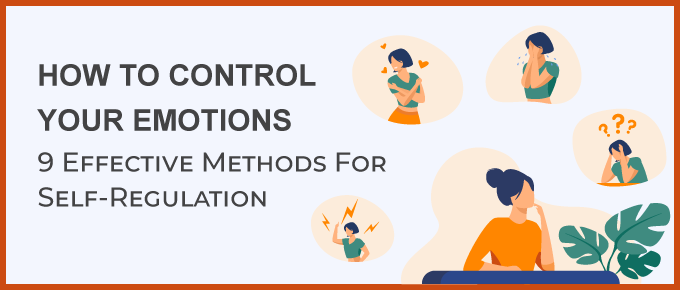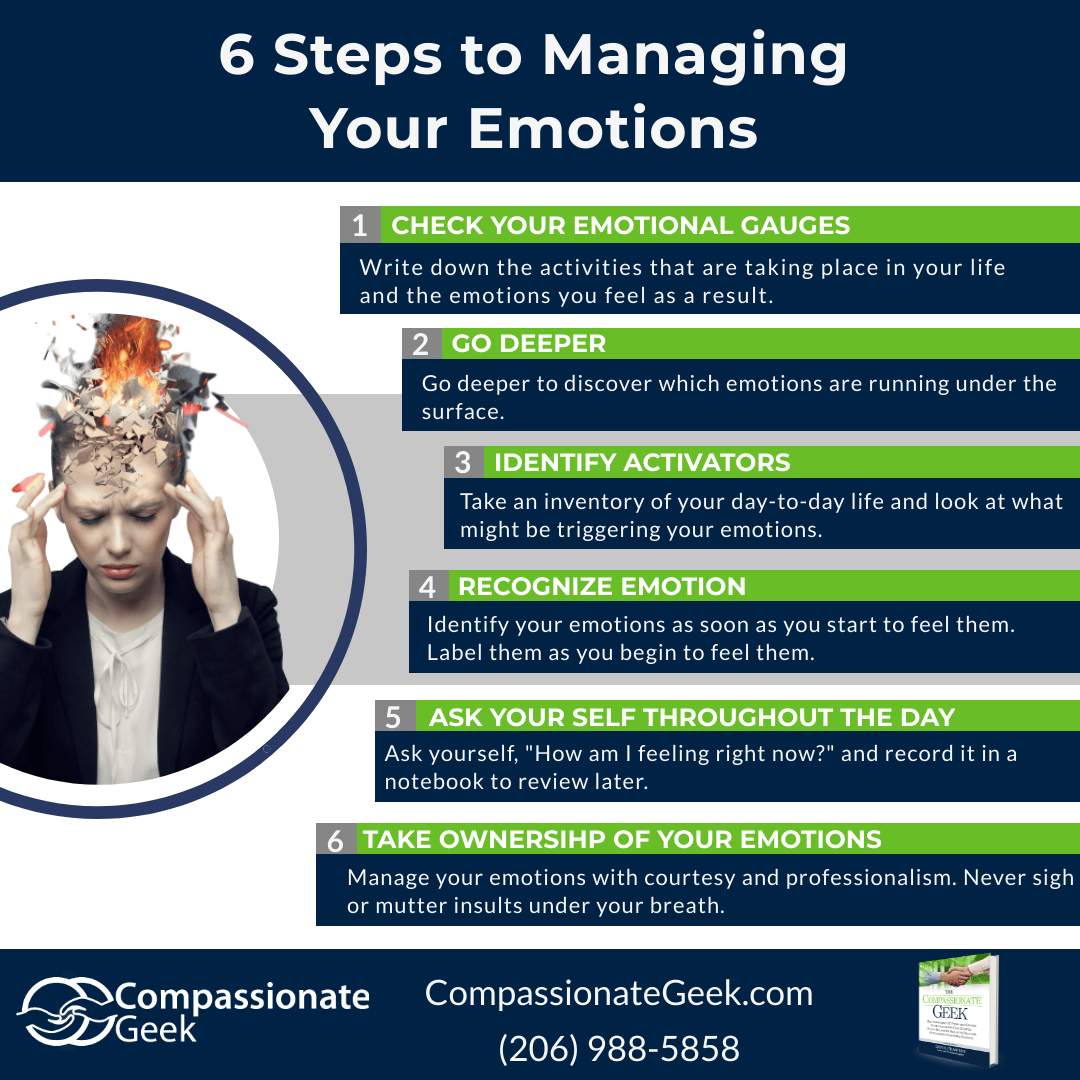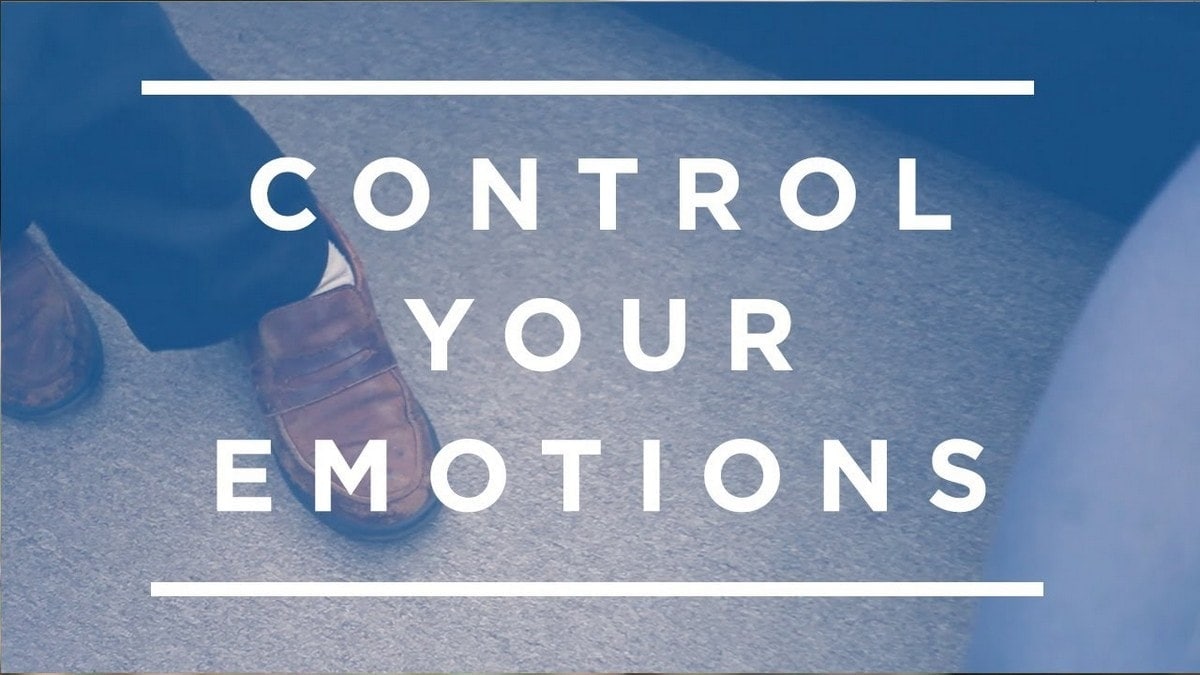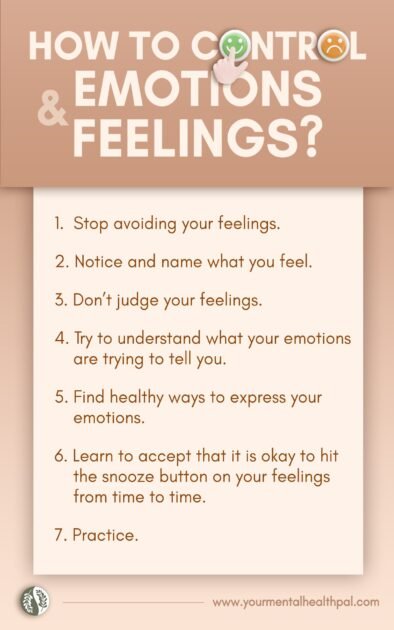How To Gain Control Of Your Emotions
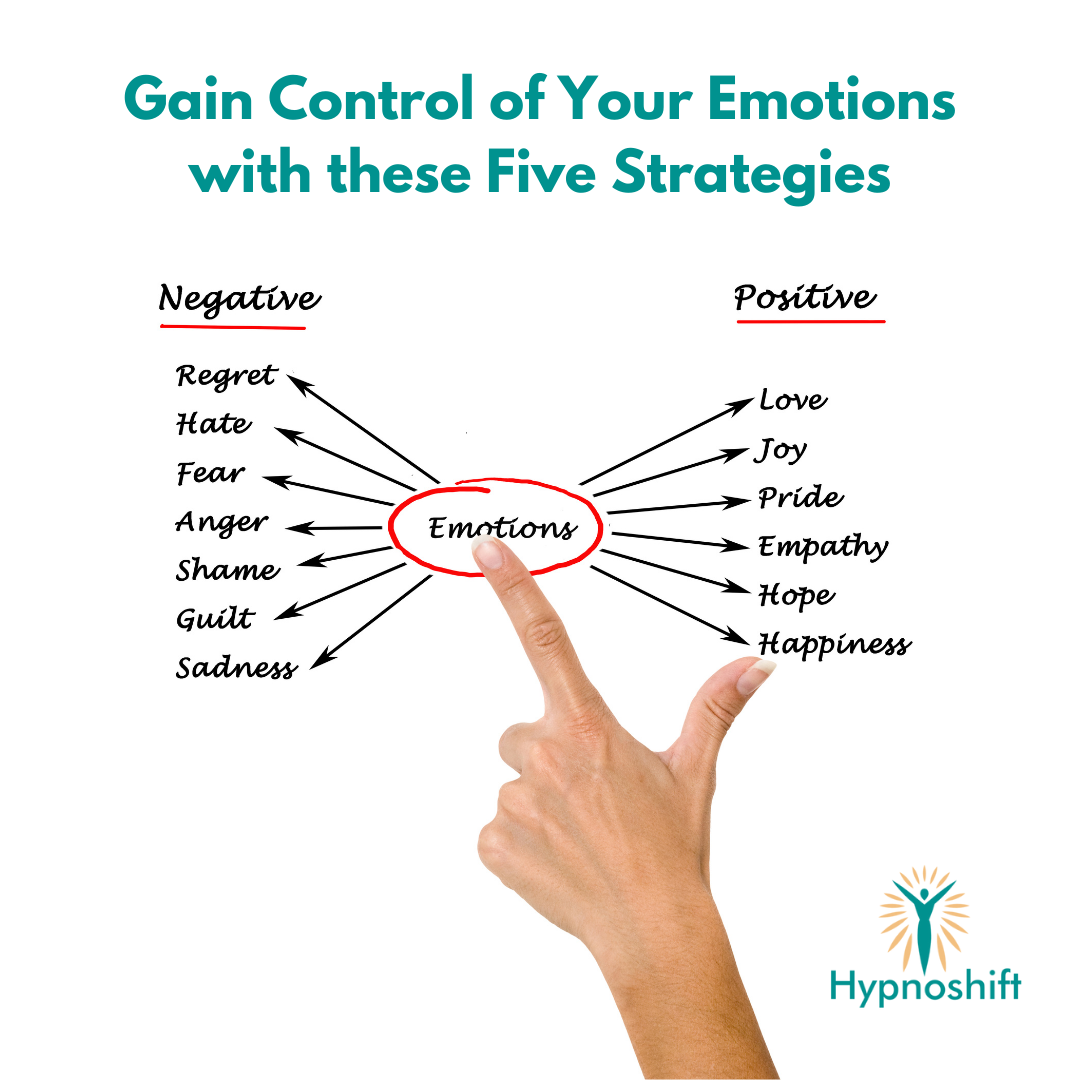
In a world saturated with stressors, from demanding careers to personal anxieties, the ability to manage one's emotions has become an essential life skill. Uncontrolled emotions can lead to strained relationships, poor decision-making, and even detrimental health outcomes. Mastering emotional regulation, therefore, is not merely about suppressing feelings but about understanding and responding to them constructively.
This article delves into evidence-based strategies for gaining control of your emotions. We explore techniques backed by psychological research, offering practical guidance for individuals seeking to navigate the complexities of their inner lives. These strategies aim to empower individuals to respond to emotional challenges with greater awareness and resilience.
Understanding Emotional Regulation
Emotional regulation refers to the ability to influence which emotions you have, when you have them, and how you experience and express them, according to Dr. James Gross, a Stanford University psychology professor. It is not about eliminating emotions, but rather about managing their intensity and duration in a healthy way. This involves understanding your own emotional triggers and developing coping mechanisms to navigate challenging situations.
Dr. Marc Brackett, Director of the Yale Center for Emotional Intelligence, emphasizes the importance of emotional literacy. This involves recognizing, understanding, labeling, expressing, and regulating emotions (RULER). Developing emotional literacy is the foundation for effective emotional regulation.
Strategies for Emotional Control
Mindfulness and Meditation
Mindfulness, the practice of paying attention to the present moment without judgment, is a powerful tool for emotional regulation. Studies have shown that regular mindfulness meditation can reduce activity in the amygdala, the brain region associated with fear and anxiety. This reduction in amygdala activity leads to a calmer, more balanced emotional state.
Meditation allows you to observe your thoughts and feelings without getting carried away by them. By practicing mindfulness, individuals can create space between themselves and their emotions, enabling them to respond more thoughtfully. This practice fosters greater self-awareness and reduces impulsive reactions.
Cognitive Restructuring
Cognitive restructuring, a technique from cognitive behavioral therapy (CBT), involves identifying and challenging negative or unhelpful thought patterns. Often, our emotions are driven by our interpretations of events, rather than the events themselves. By questioning these interpretations, we can alter our emotional responses.
For example, if you experience anxiety before a presentation, you might automatically think, "I'm going to fail." Cognitive restructuring would involve examining the evidence for and against this thought, and replacing it with a more balanced perspective, such as "I'm prepared, and even if I make a mistake, it won't be the end of the world." Challenging these negative thoughts is key to altering your emotional state.
Developing Coping Skills
Having a repertoire of healthy coping skills is crucial for managing emotions effectively. These skills can range from engaging in physical activity to spending time in nature or connecting with loved ones. The American Psychological Association (APA) recommends identifying activities that bring you joy and relaxation, and making them a regular part of your routine.
Problem-focused coping strategies address the source of the stress, while emotion-focused coping strategies help manage the emotional response. Finding the right balance of strategies depends on the situation and individual preferences. It's important to experiment and discover what works best for you.
Seeking Social Support
Social support is a vital resource for emotional well-being. Talking to trusted friends, family members, or a therapist can provide perspective and validation. Research consistently shows that strong social connections are associated with greater resilience and lower levels of stress.
The National Institute of Mental Health (NIMH) emphasizes the importance of open communication about mental health. Sharing your feelings with others can alleviate feelings of isolation and promote a sense of belonging. This connection can be particularly beneficial during times of emotional distress.
Practicing Self-Compassion
Self-compassion involves treating yourself with the same kindness and understanding that you would offer to a friend. This involves recognizing that everyone makes mistakes and experiences difficulties. Being self-critical can exacerbate negative emotions, while self-compassion can buffer against them.
Dr. Kristin Neff, a leading researcher on self-compassion, suggests practicing self-compassion exercises such as writing a letter to yourself from the perspective of a supportive friend. This can help shift your inner dialogue from criticism to encouragement and acceptance.
The Path Forward
Gaining control of your emotions is a journey, not a destination. It requires ongoing effort, self-awareness, and a willingness to experiment with different strategies. There will be setbacks along the way, but with persistence and self-compassion, you can cultivate greater emotional resilience.
As research continues to deepen our understanding of the brain and emotions, new techniques for emotional regulation are likely to emerge. By staying informed and actively engaging in practices that promote emotional well-being, individuals can empower themselves to navigate life's challenges with greater ease and grace. The key is to start small, be patient, and celebrate your progress along the way.
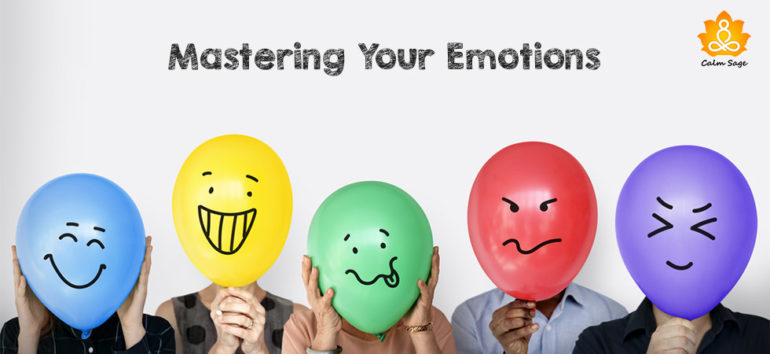
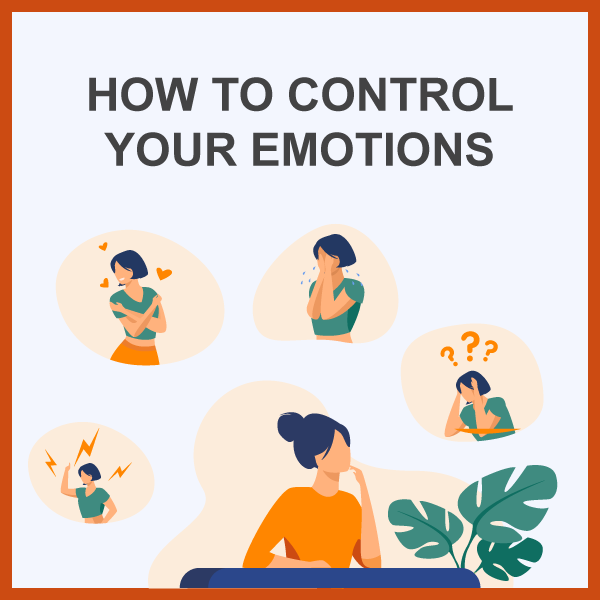
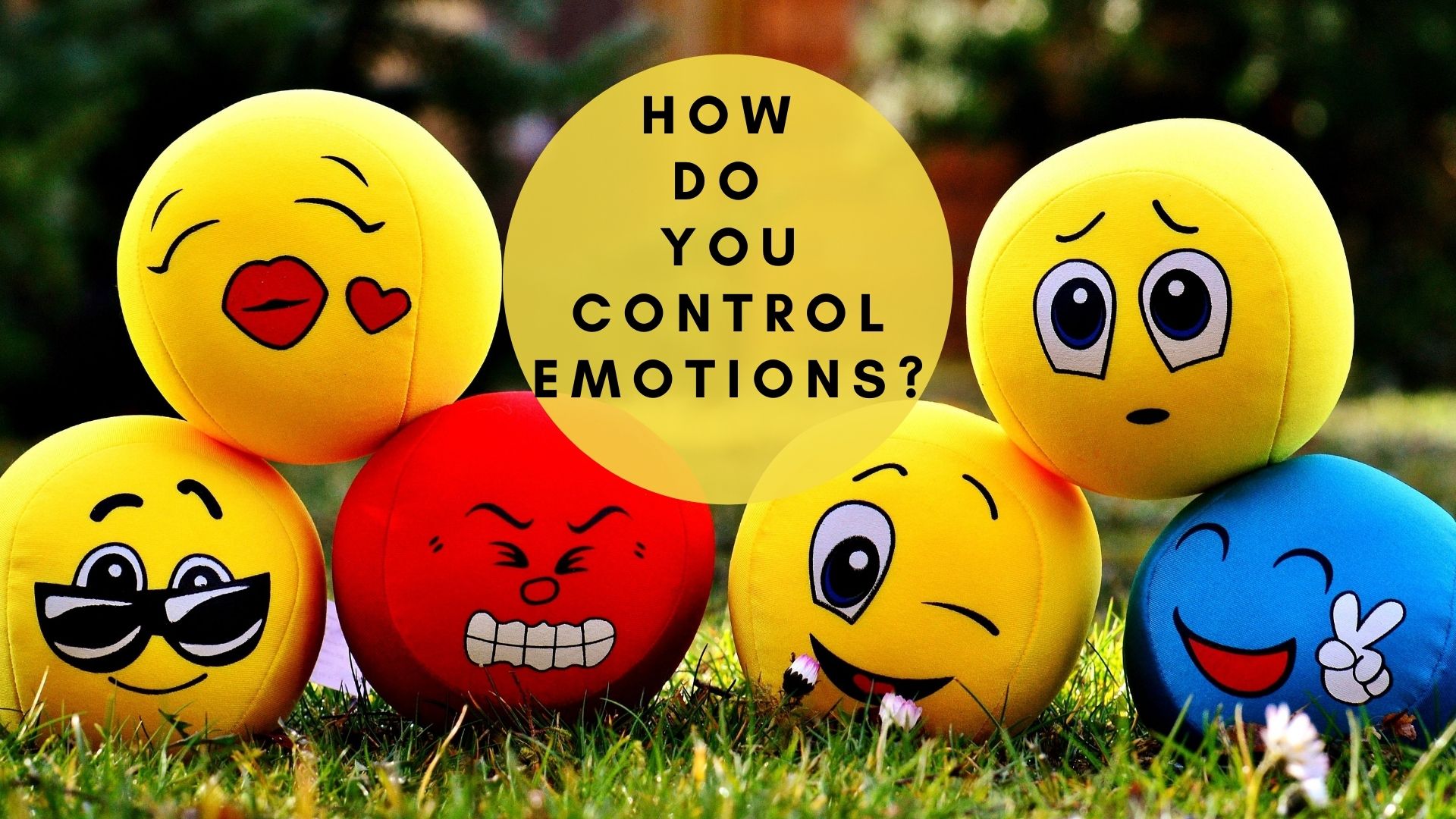



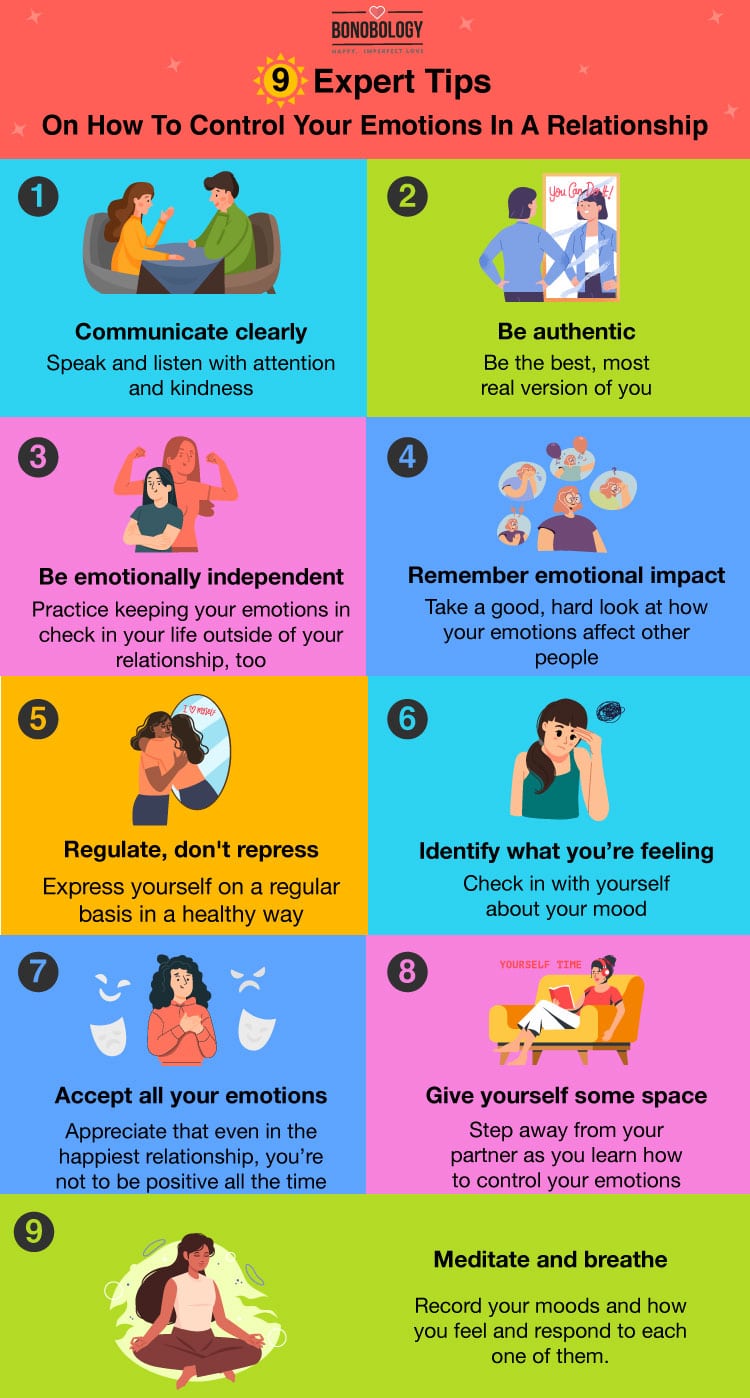

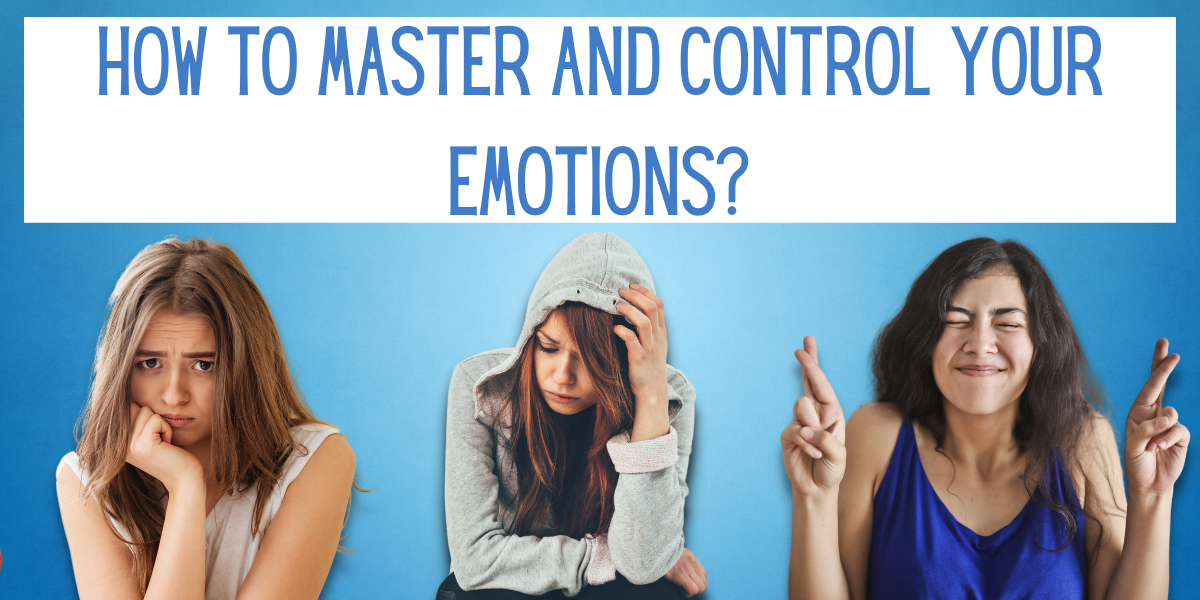

![How To Gain Control Of Your Emotions 6 Steps To Mastering Your Emotions in 2022 [Infographic] | How to](https://i.pinimg.com/736x/08/c3/fe/08c3fe5b942fd0062c51e947f0b9e002.jpg)
